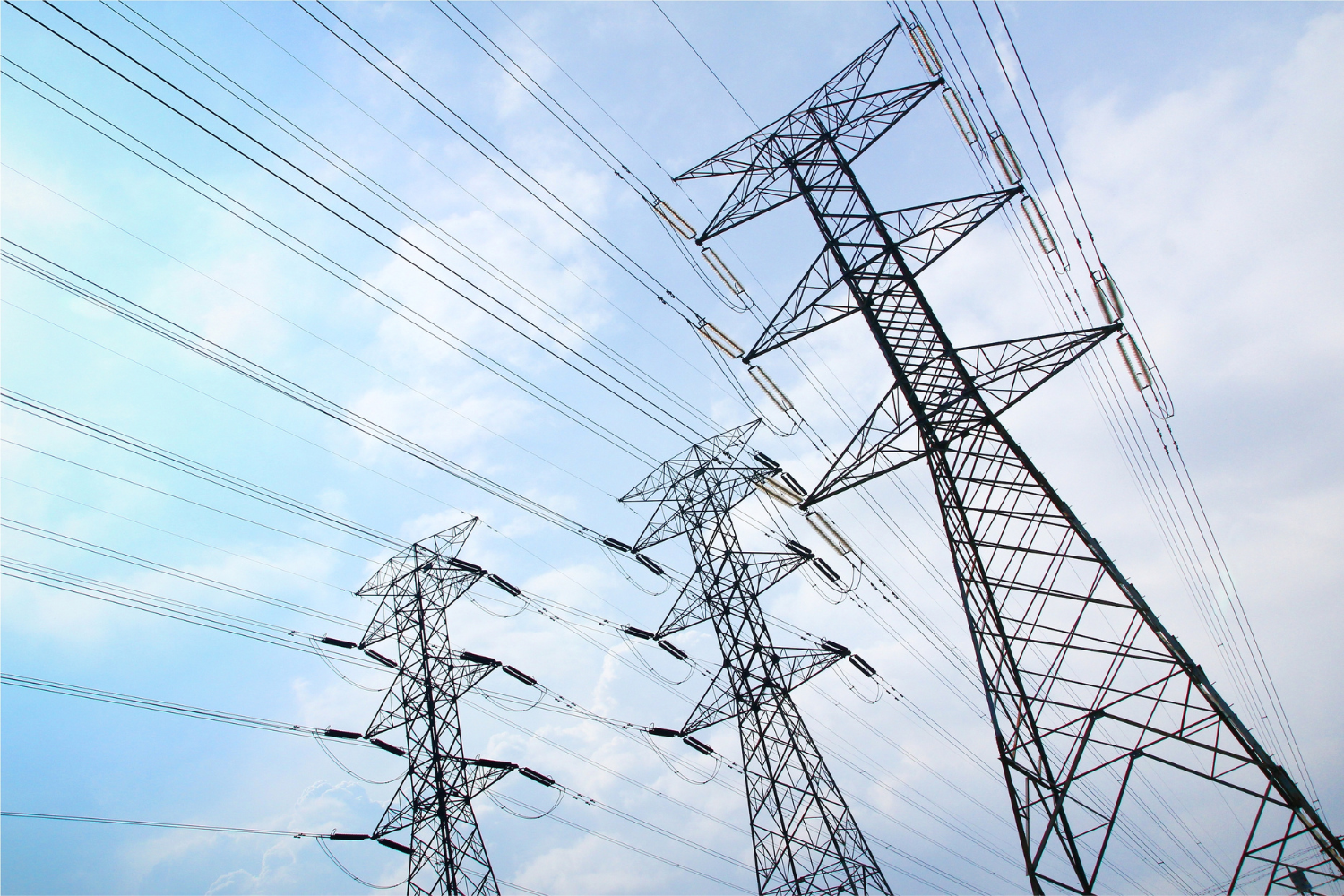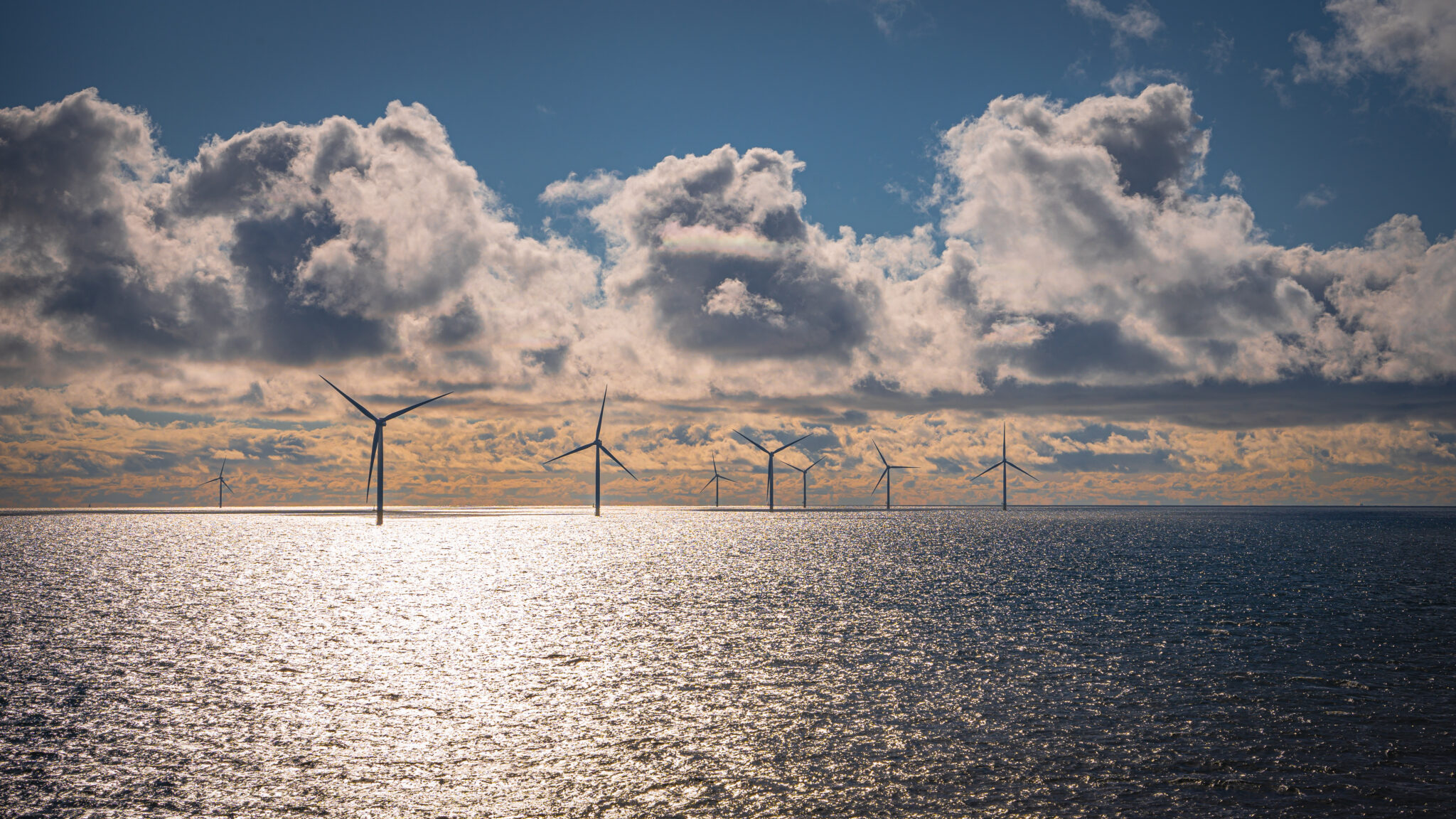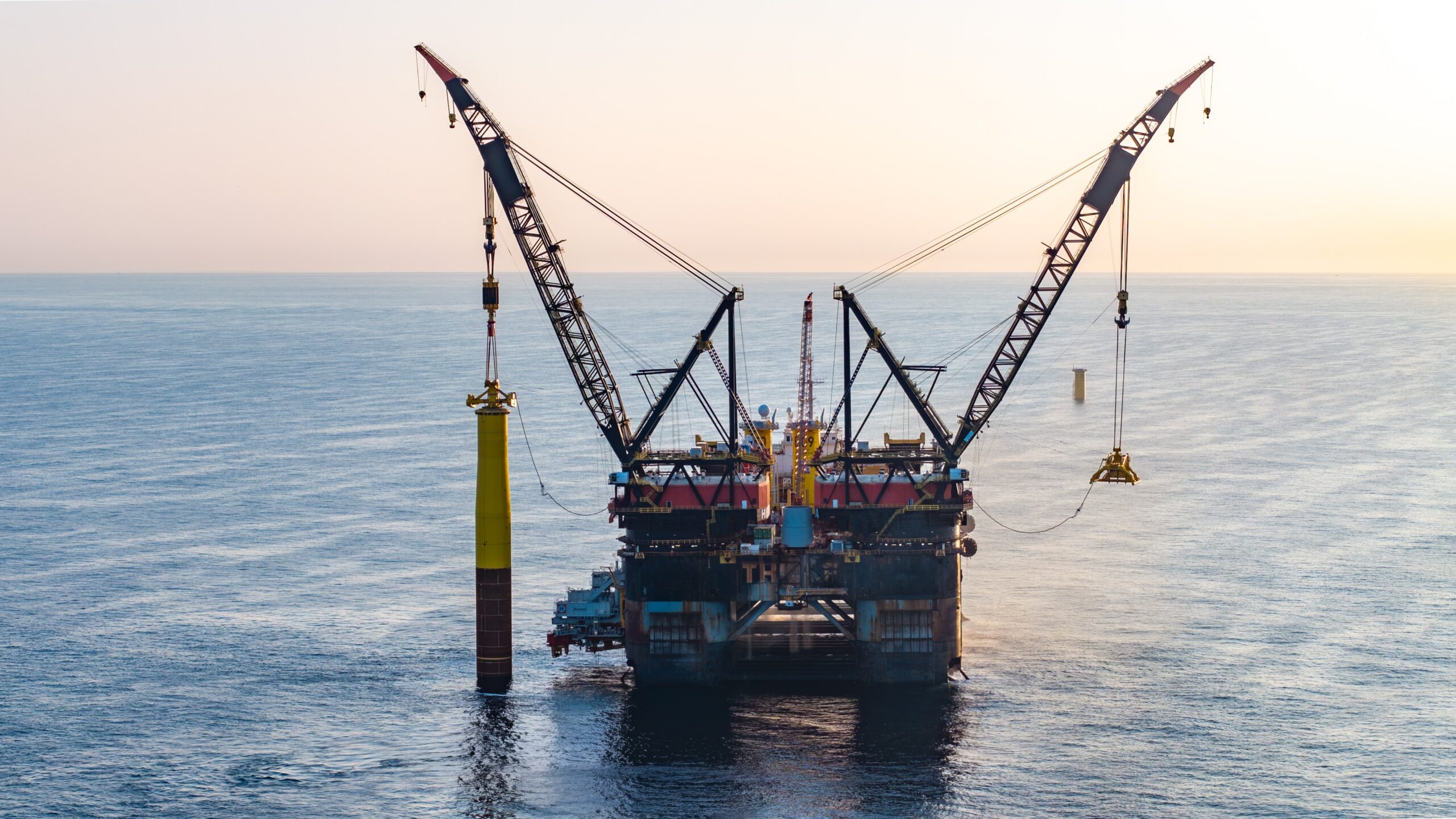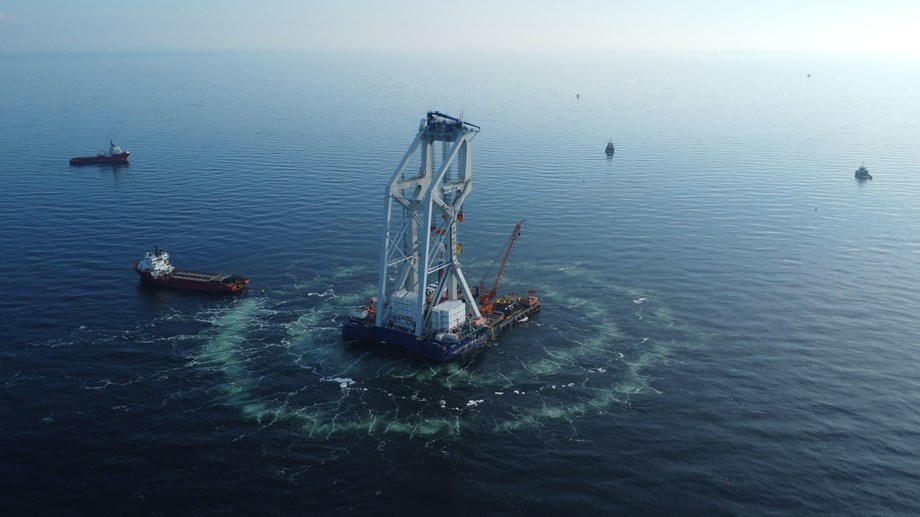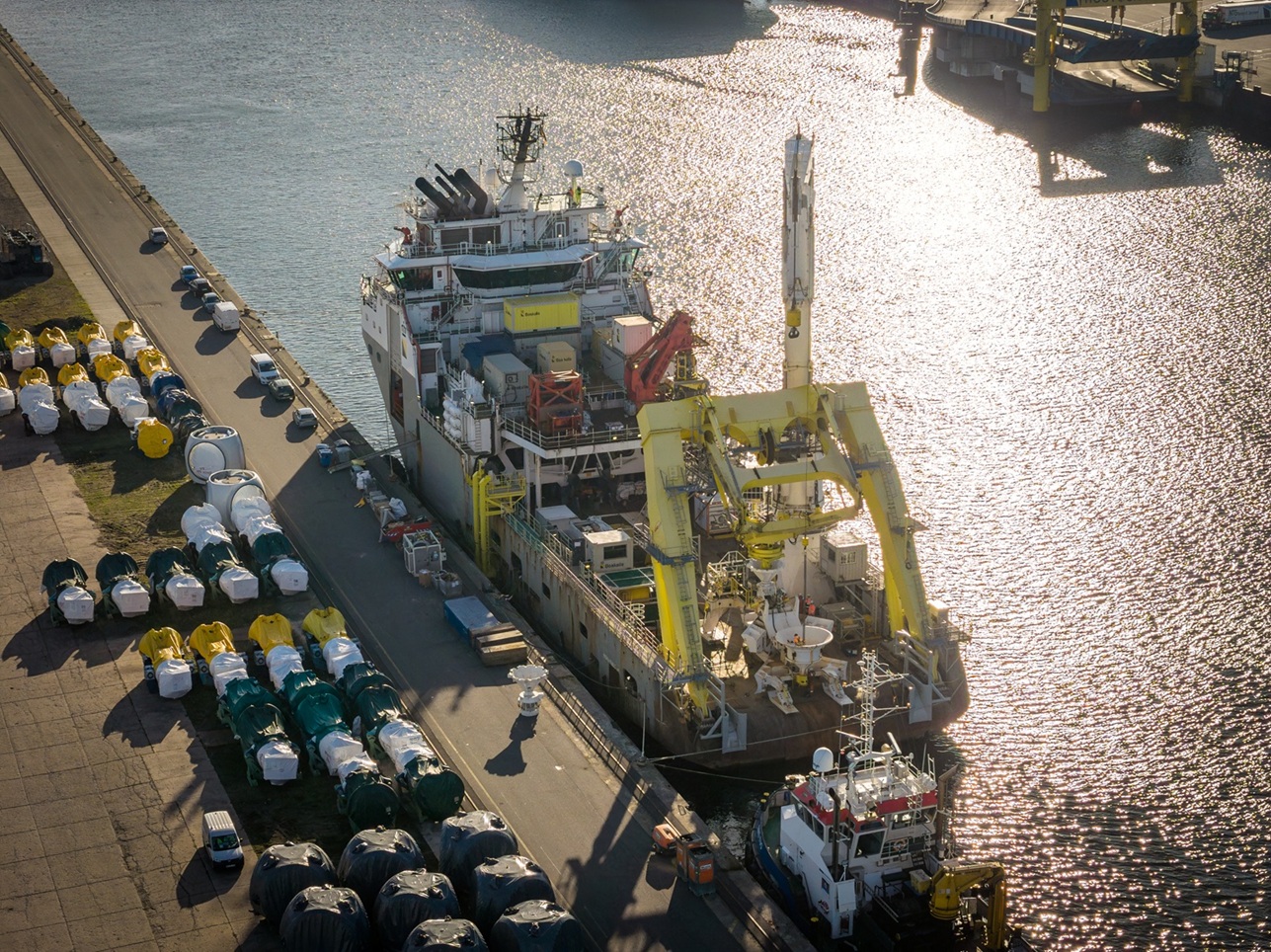On January 18, The Bundesnetzagentur published a key elements paper on the future of cost and incentive regulation in the electricity and gas network sectors.
“Network operators are successfully making considerable efforts to meet the challenges of the energy transition. We want to provide even more support to them in this endeavour. Over the years, tariff regulation has developed into a tangle of rules, rather like tax law. It is to be generally streamlined and simplified and, above all, to become less bureaucratic while maintaining its reliable framework conditions,” said Klaus Müller, President of the Bundesnetzagentur. “The energy transition is picking up the pace. The electricity grids have to be expanded and digitalised more quickly. Parts of the gas network can be converted for use with hydrogen, while the rest will, in the long term, be shut down. All that will lead to changes in costs. We want to be able to respond more rapidly to such changes in the future without losing sight of cost efficiency.”
Networks to be transformed efficiently
It is important to the sector to be able to take account of changes in the costs incurred by network operators more quickly, which is why the Bundesnetzagentur is proposing shortening the regulatory periods from five to three years. The authority is also open to other suggestions to improve the timely recognition of costs. However, such ideas must be practical to implement and incentivise cost saving.
Shortening the regulatory periods will mean an acceleration requiring simplified regulation. To this end, the Bundesnetzagentur is proposing blanket approaches in its examinations, such as the application of a weighted average cost of capital (WACC) to replace the individual determination of capital costs. The authority also wants to introduce a standardised procedure for the determination of current assets. It is further proposing to reduce the list of permanently non-controllable costs that currently have to be determined and adjusted every year.
In the electricity sector, the Bundesnetzagentur’s aim is to push ahead with the energy transition focusing on speed, digital transformation and quality. It wants to provide targeted financial incentives in regulation to strengthen the capability of distribution system operators.
In the gas sector, it is planned to reduce the useful lives of assets applied for depreciation. It would then be possible to recover investments made in assets within their expected period of commercial use. Moreover, network operators are to be allowed to make provisions for the cost of foreseeable decommissioning of parts of the networks.
Background
Germany has set a target of 2045 to achieve climate neutrality. For electricity, that means growth in renewable generation and the electrification of many sectors. Consequently, the expansion of the grid needs to happen even faster and renewable installations have to be connected to it. Heat pumps and charging points need grid connections, too, which will not be possible without greater digitalisation and standardisation of processes. All this relies on distribution system operators being able to monitor and control their networks more closely. They will also have to speed up the process of connecting installations to the grid and achieve comprehensive digitalisation of their market processes.
The role of natural gas, on the other hand, will become less important. While some of the natural gas network will be used to transport hydrogen, other parts of it will go out of use by 2045 at the latest and will be decommissioned.
Procedure and Grand Ruling Chamber
The legislature has decided that the main ordinances for the regulation of the energy sector will go out of force in light of the ruling by the Court of Justice of the European Union in September 2021 on the Bundesnetzagentur’s role. Instead, the Bundesnetzagentur will make rules based closely on European Union legislation. The Bundesnetzagentur takes seriously the considerable additional responsibility thus placed upon it. The Higher Regional Court of Düsseldorf and the Federal Court of Justice will oversee its decisions.
The amended Energy Industry Act (EnWG) sets out the establishment of a “Grand Ruling Chamber” at the Bundesnetzagentur. This is composed of the Bundesnetzagentur President and Vice Presidents together with the chairs of the ruling chambers and heads of department concerned with the energy sector. The Grand Ruling Chamber will issue all nationally applicable determinations on network access and setting of tariffs, including cost and incentive regulation. It will not be in charge of individual determinations affecting undertakings, such as the setting of revenue caps.
The Grand Ruling Chamber may transfer determinations to other ruling chambers and will do so in exceptional cases in the area of tariff regulation. In access regulation, it will make greater use of this possibility. A coordination office will assist the Grand Ruling Chamber in its procedures.
The key elements envisage a thorough consultation process focused on the future development of cost and incentive regulation for distribution system operators and gas transmission system operators. A separate determination process is to be launched for the electricity transmission system operators, of which there are only four, owing to their special situation. The Bundesnetzagentur will hold an event for industry representatives on 2 February 2024, to be followed by a detailed, open discussion of the issues.
The methods for the setting of network tariffs, more specifically, will be consulted on at a later date. Adjustments to the regulatory framework for electricity transmission system operators will also be discussed at a later point.
The key elements paper has been published at www.bundesnetzagentur.de/gbk (in German; English translation to follow). Comments may be submitted until 16 February 2024.
Source:Bundesnetzagentur
